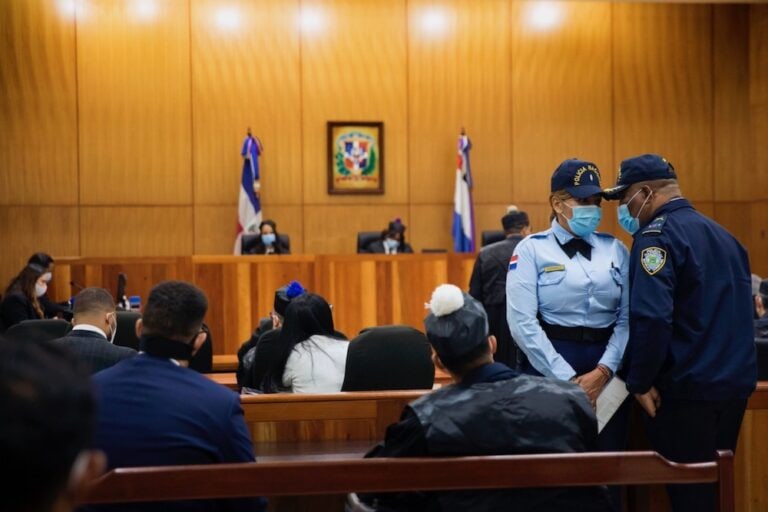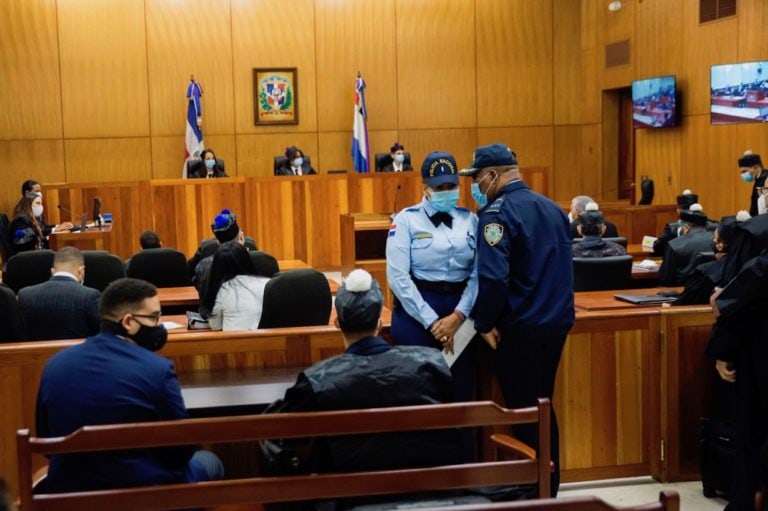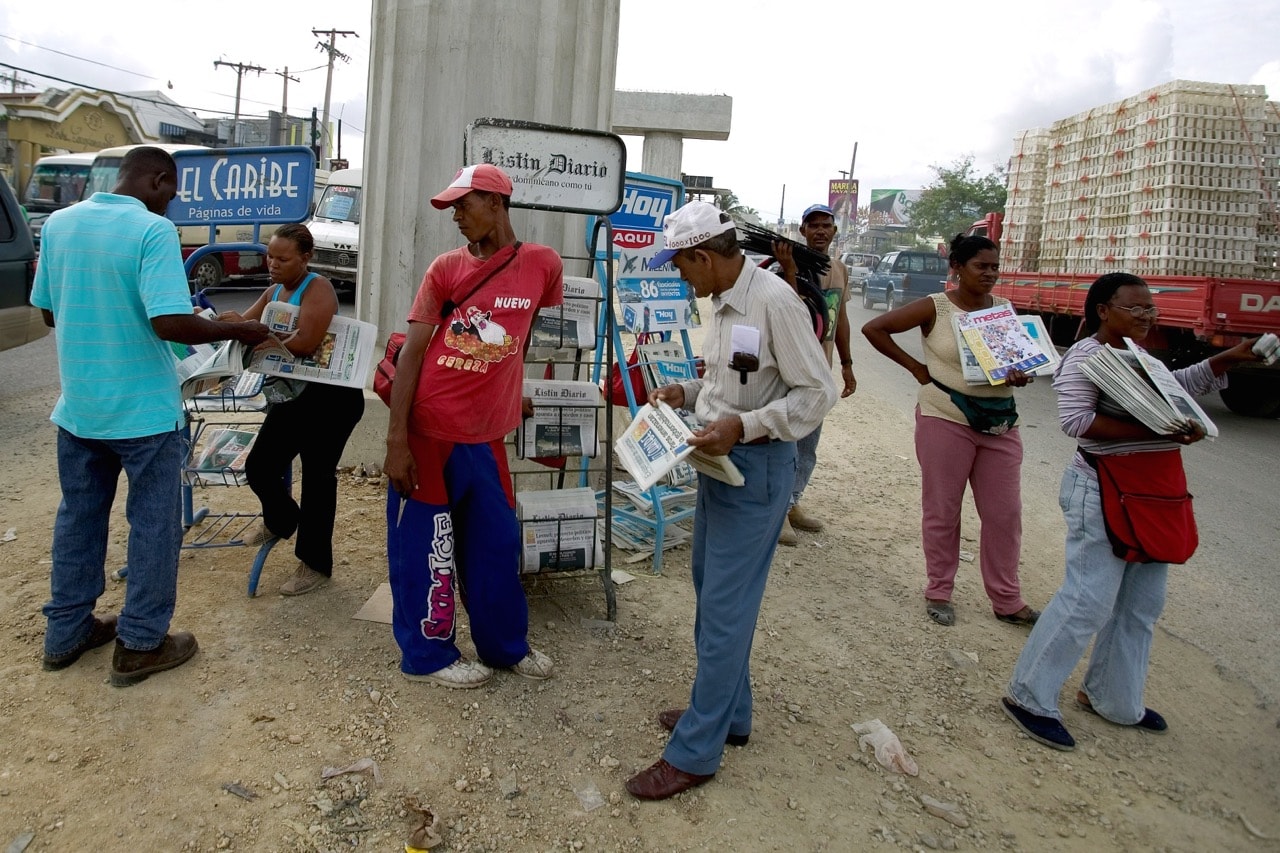An appellate court in the Dominican Republic has thrown out the conviction of a journalist who had been sentenced to three months in prison for defamation last September.
(IPI/IFEX) – An appellate court in the Dominican Republic yesterday, 27 February 2013, threw out the conviction of a journalist who had been sentenced to three months in prison for defamation last September.
A three-judge panel of the Appeals Court for the National District (Santo Domingo) ordered a retrial in the case of Melton Pineda, who had been found guilty of defaming a fellow journalist whom Pineda had accused of covering up crimes committed by a local police captain. One justice on the panel dissented from the majority opinion.
“We welcome the Santo Domingo Appellate Court’s decision to overturn the conviction of Melton Pineda, but we reiterate that this case should never have been heard by a criminal court in the first place,” International Press Institute (IPI) Deputy Director Anthony Mills said. “A growing international consensus holds that criminal defamation laws are incompatible with freedom of expression. We hope that this decision spurs Dominican Republic legislators to move ahead with the legal reforms that would remove libel, insult, and contempt of authority as criminal offences.”
Pineda was the second Dominican Republic journalist in 2012 to receive a jail term for defamation. In June, an appeals court in San Francisco de Macorís similarly nullified the criminal libel conviction and six-month prison sentence of radio reporter Johnny Alberto Salazar. The Dominican Republic was the only Caribbean country besides Cuba to actively apply its criminal defamation laws in 2012.
In June 2012, IPI visited the Dominican Republic as part of its campaign to abolish criminal defamation in the Caribbean. At a public hearing last November following lobbying by IPI, members of the justice commission of the Chamber of Deputies announced plans to remove refereces to defamation and insult from the country’s Penal Code.
In a separate development, the editors-in-chief of three of the Dominican Republic’s most prominent newspapers on Monday filed constitutional challenges to the Penal Code and to country’s press law (Law No. 6132, On the Expression and Diffusion of Thought), arguing that the criminal defamation provisions contained in the measures promoted self-censorship in the media.
The three editors, Osvaldo Santana of El Caribe, Rafael Molina Morillo of El Día, and Miguel Franjul of Listín Diario, also challenged the principle by which liability for defamation is shared at various levels (Spanish: “cascada de responsabilidad”) of the media company, arguing that journalists should be held solely responsible for any defamatory material they write.
According to Law No. 6132, newspaper editors are the party with the largest share of liability in defamation cases, followed by journalists, printers, and finally vendors and distributors. However, Article 48 of the law states that newspaper owners are responsible for any financial damages incurred on the part of editors or journalists.
Last month, IPI released a comprehensive study of criminal defamation legislation in the Caribbean, noting that the Dominican Republic had some of the harshest and most extensive provisions related to defamation and desacato, or contempt of authority.
An IPI delegation will return to the Dominican Republic in April to advise legislators on reforms to the Press Law and to advocate for the passage of a revised Penal Code. In addition, IPI will hold workshops on journalism ethics and investigative journalism in various parts of the country.


